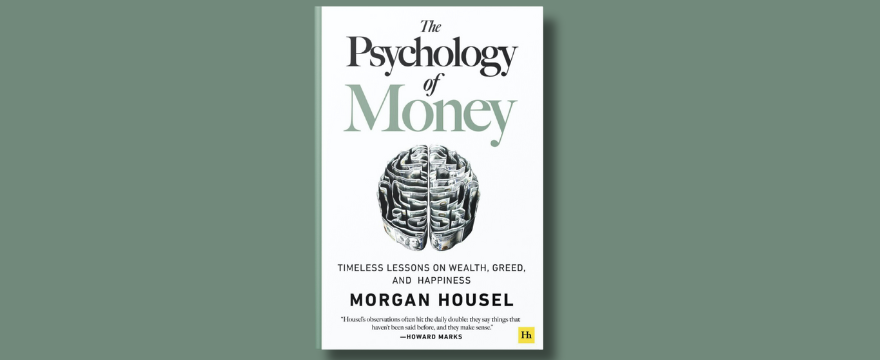The title of your book is arguably one of the most critical elements in determining its success. A well-chosen title can pique a reader’s interest, convey the essence of your story, and leave a lasting impression. Conversely, a poorly chosen title may cause potential readers to overlook your work, no matter how well-written or engaging it may be. In this article, we will explore various factors authors should consider when selecting the best book title, offering insights and strategies to help you make the perfect choice.
Understanding the Importance of a Book Title
Before delving into the process of selecting a title, it’s essential to understand why this decision carries so much weight. A book title serves several purposes:
- Capturing attention: With countless books vying for readers’ attention, your title must stand out from the competition and spark curiosity.
- Setting the tone: Your title should provide a glimpse into the mood, style, or theme of your book, giving readers an idea of what to expect.
- Creating intrigue: An intriguing title can prompt readers to learn more about your book, increasing the likelihood that they will purchase and read it.
- Establishing memorability: A memorable title makes it easier for readers to recommend your book to others and search for it online or in stores.
Identifying the Core Elements of Your Book
To choose the best title for your book, start by identifying its core elements. These can include the central theme, primary conflict, setting, or characters. Consider what aspects of your book are most likely to resonate with readers and which elements best represent the overall story. Once you have identified these key components, use them as inspiration for potential titles.
Considering Your Target Audience
When selecting a title, it’s crucial to consider your target audience. Different readers may be drawn to different types of titles, so think about the preferences and expectations of those you hope to reach. For example, a young adult audience might be attracted to titles that evoke emotion or hint at adventure, while readers of literary fiction may appreciate more subtle or thought-provoking titles.
Exploring Various Title Formats
There are several formats you can consider when crafting your book title:
- Single-word titles: These titles are often powerful and memorable, though they can be challenging to create without being too vague or generic.
- Descriptive titles: These titles provide a clear indication of the book’s content, making it easy for readers to understand the premise at a glance.
- Character-focused titles: Titles that revolve around a central character can help convey personality and pique readers’ interest in learning more about the protagonist.
- Phrase or idiom titles: Using a well-known phrase or idiom can create an instant connection with readers, especially if it relates to the book’s theme or subject matter.
Experiment with different formats to determine which best suits your book’s content and style.
Seeking Feedback from Others
Once you have brainstormed potential titles, seek feedback from others. Share your ideas with friends, family members, or writing peers, and ask for their input on which titles resonate most strongly with them. Be open to constructive criticism and consider revising your title based on the feedback received.
Final Thoughts
Choosing the best book title is a crucial step in the publishing process and requires careful consideration and creativity. By identifying the core elements of your book, considering your target audience, exploring various title formats, and seeking feedback from others, you can craft a title that captures attention, sets the tone, and leaves a lasting impression. Remember, the perfect book title should not only represent your story but also create a connection with readers, ultimately contributing to your book’s success.
